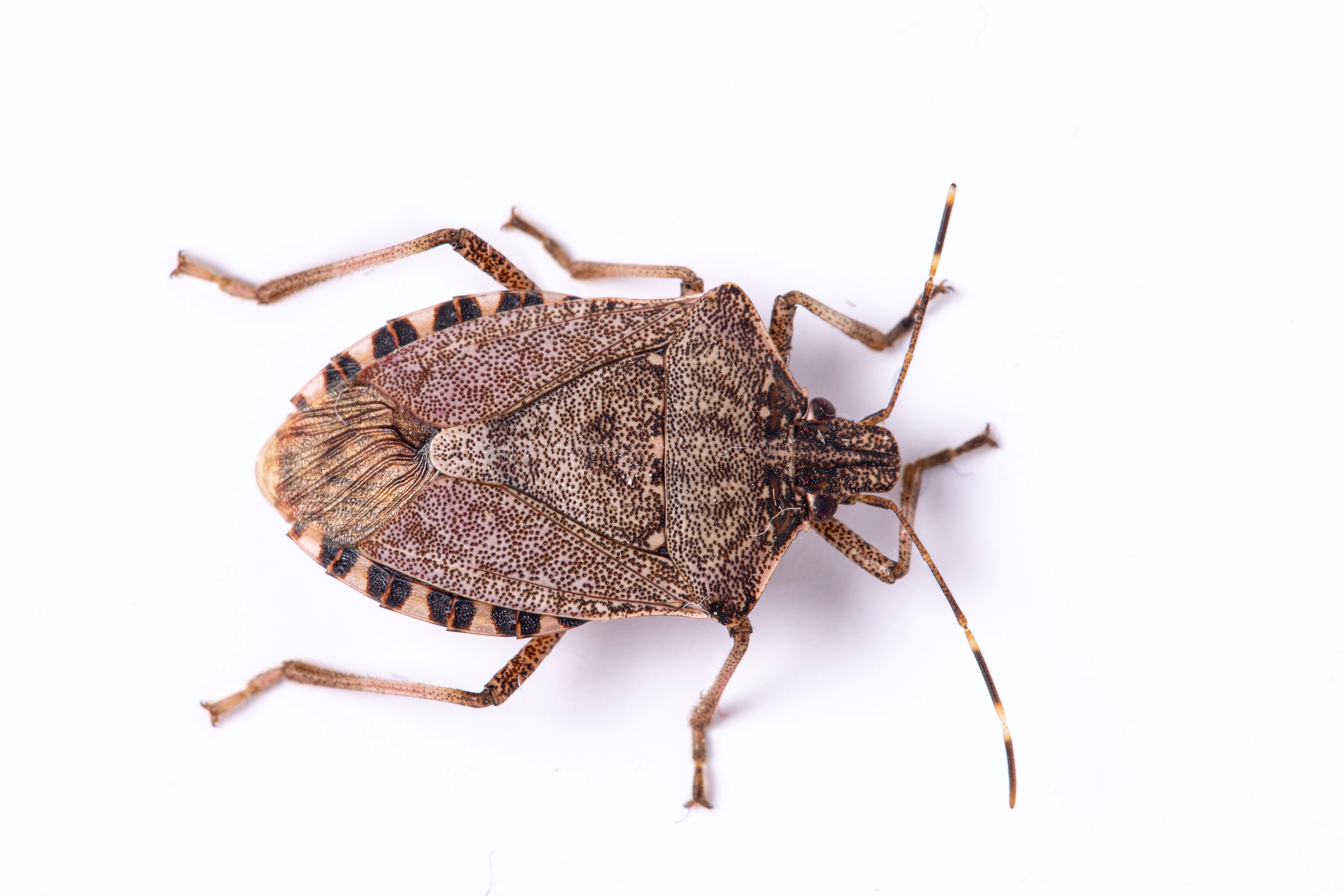
BMSB seasonal measures will apply to targeted goods manufactured in or shipped from target risk countries between September 1st, 2022, and April 30th, 2023 (inclusive) and to vessels that berth, load, or tranship from target risk countries within the same period.
- The target risk countries are the U.S.A., Canada, Albania, Andorra, Armenia, Austria, Azerbaijan, Belgium, Bosnia & Herzegovina, Bulgaria, Croatia, Czech Republic, France, Georgia, Germany, Greece, Hungary, Italy, Japan (heightened vessel surveillance only), Kazakhstan, Kosovo, Liechtenstein, Luxembourg, Macedonia, Moldova, Montenegro, Netherlands, Poland, Portugal, Russia, Serbia, Slovakia, Slovenia, Switzerland, Romania, Spain, Turkey, and Ukraine.
Australia and New Zealand have successfully maintained low detection rates and implemented minimal changes to the program from the previous season.
China & UK have been named emerging risk countries and are on the watch list for shipments to Australia. Goods from these countries falling within Chapters 39, 94, and 95 will be subject to random inspection for BMSB. Mandatory treatment for goods from these countries is not required.
Target high-risk goods from target countries must be treated offshore or on arrival; however, onshore treatment can only be conducted at the container level. NZ high-risk goods vehicles, machinery, and parts parts must be treated offshore.
Failure to treat before departure at origin can result in cargo being denied a discharge and redirected for export.
There are three approved treatment methods for BMSB:
- Heat Treatment
- Methyl Bromide
- Sulfuryl Fluoride
A BMSB must conduct treatment approved offshore treatment provider. Details can be found at List of offshore BMSB treatment providers - DAFF (agriculture.gov.au) (this is applicable for both AU and NZ.)
A post-treatment window applies to goods treated offshore before December 1st, 2022. Treated cargo must be packed and sealed in a container within 120 hours of treatment.
Open top, flat rack and breakbulk cargo must load on a vessel within 120 hours. Cargo that is rolled but loaded onto a vessel within an additional 48 hours will be permitted entry if evidence can produce indicating unavoidable rescheduling of goods.
For cargo moving to NZ from Italy, all Italian sea containers must be treated before arrival if they depart from Italy on or after September 1st and arrive in NZ on or before April 30th. There are no exceptions.
Impervious wrappings must be removed, opened, or slashed before fumigation in such a way as to allow the treatment to come into contact with the goods; this must occur regardless of the treatment location. Containers should not be overpacked in a way that will not allow the treatment to penetrate all the goods in the container. There should be a good amount of free air space to allow for effective treatment. Containers arriving untreated that are unsuitable for treating must relocate to be unpacked in a controlled environment and treated, causing delays and significantly higher costs.
To ensure smooth processing of shipments as they cross the border, offshore treatment is recommended (mandatory for NZ). A valid packing declaration, treatment certificate, and all other shipping documents will ensure your goods move through the destination clearance process with minimum delay.
The Department of Agriculture, Fishery and Forestry for AU and the Ministry of Primary Industries for NZ be challenged to maintain acceptable document processing timelines and to provide availability of Biosecurity officers. Document processing may stretch to seven days and inspections up to three weeks. A clean set of documents must be provided as early as possible to commence the clearance process for early submission.
The Department of Agriculture, Fishery and Forestry for AU has recognized the significant detention costs that these delays cause and have made changes from last season from (inspect) holding containers intact to unpacking at approved premises in some cases for Australian cargo.
As the measures can be complex to understand, we encourage you to reach out to your local Expeditors Customs expert if you have any questions or require further advice.


